
views
New York: AOL Inc launched a new online advertising system that it hopes will transform the way advertisers reach consumers on the Internet, its top executive told Reuters on Monday.
AOL launched "Project Devil," a system that offers advertisers cleaner ad formats than before and more utility like the locations of local auto dealers, at the Interactive Advertising Bureaus MIXX conference in New York.
Project Devil is the latest development from AOL and part of a broader strategy to resurrect the 25-year-old company once synonymous with dial up Internet access into one of the web's main online entertainment and news destinations.
"Right now this is the first step, you can expect us to innovate for the next decade in brand advertising," said AOL Chief Executive Tim Armstrong.
The launch coincided with speculation that AOL is mulling the purchase of technology blog TechCrunch, tech site GigaOM reported.
Earlier in an interview with Reuters when asked about potential acquisitions, Armstrong said not to expect any "hail Mary passes" and that AOL would consider companies with "exceptionally strong talent."
AOL was not immediately available for comment about the GigaOM report. A spokeswoman from TechCrunch declined to comment.
AOL was spun off from Time Warner Inc last year after a disastrous decade-long marriage.
"With the restructuring we have done and the more specific way we are running our sales force...it should lead us to be a much stronger company in 2011 in the advertising business," Armstrong said but declined to offer specifics.
AOL's ad revenue fell 27 percent $ 260.2 million in the second quarter.
AOL is not not alone among the first wave of successful Internet companies looking for a second act through creating content.
Yahoo Inc for instance has aggressively recruited journalists, struck partnerships with newspaper companies and have acquired companies like Associated Content, which commissions stories based on search engine data, in an attempt to attract more advertisers.
"AOL is a multi-brand company that serves multiple audiences with big brands," he said when asked about the competition. "We look a lot more like Disney.












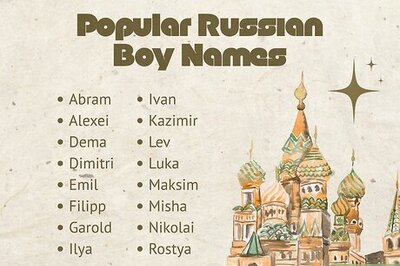
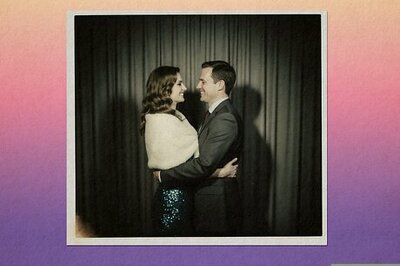


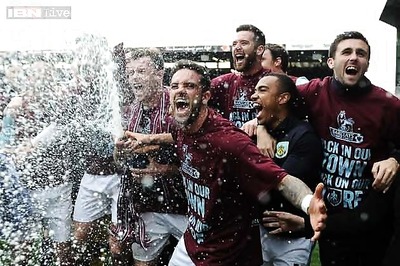
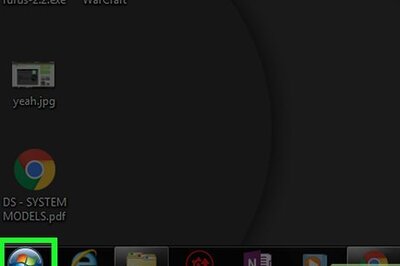

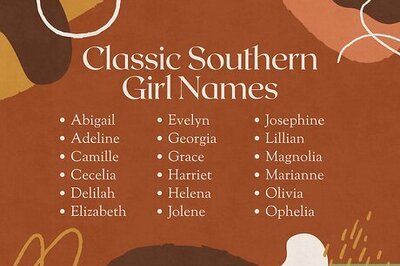
Comments
0 comment